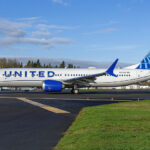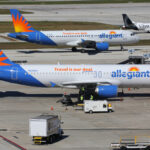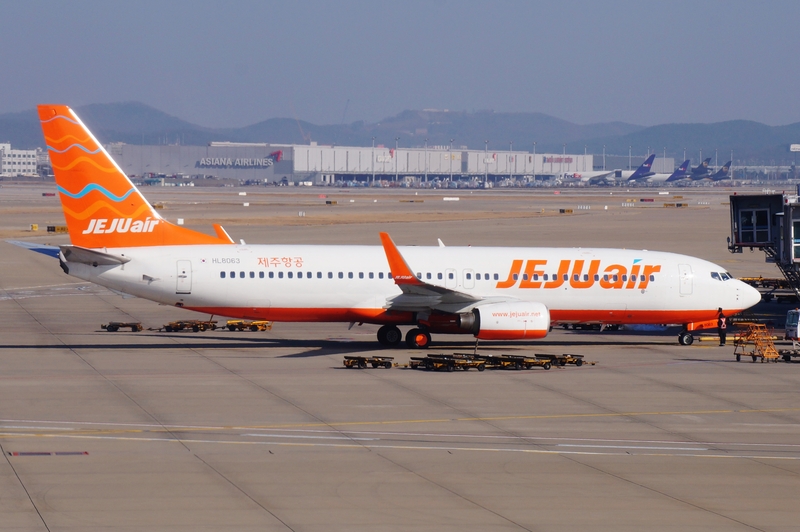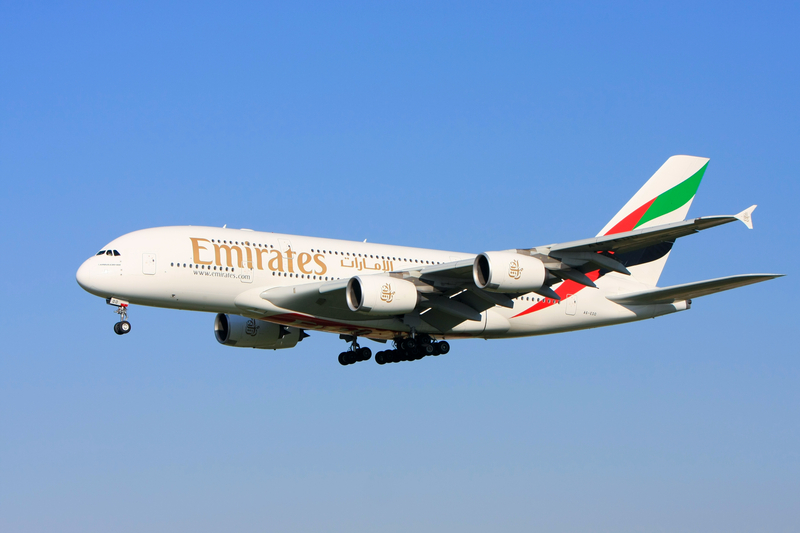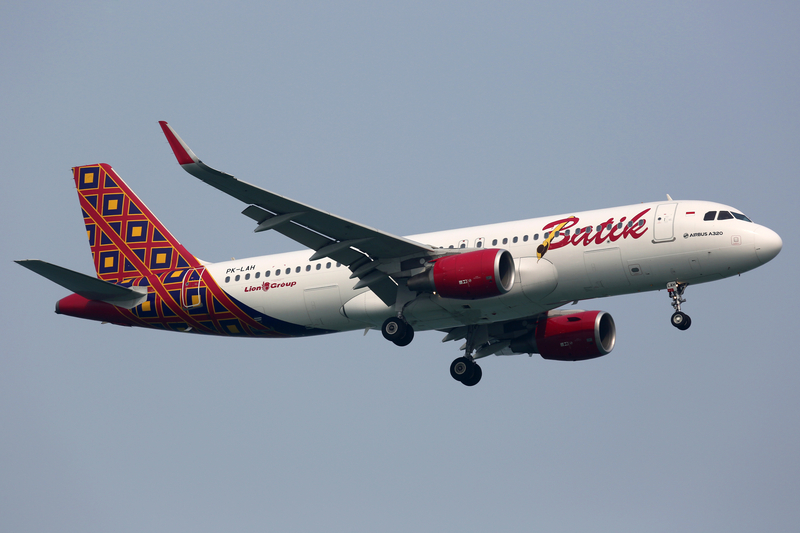Airline Industry Shifts Focus to Premium Services Amid Profitability Challenges
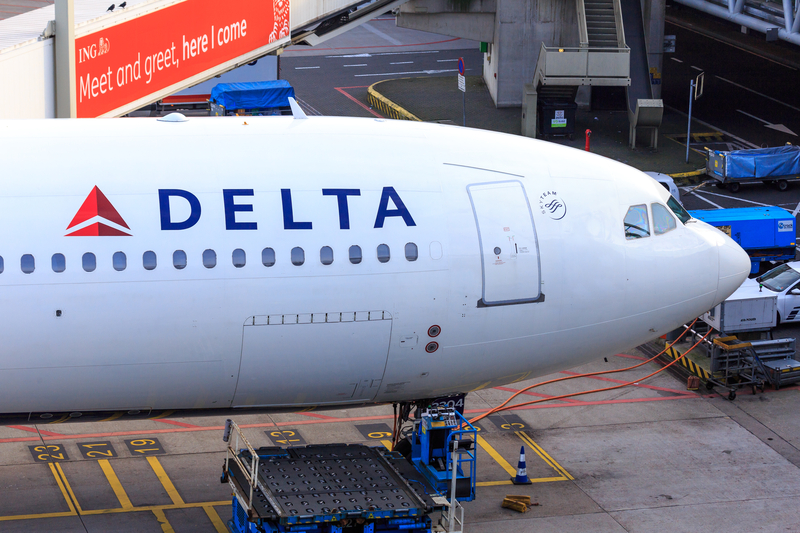
ID 136027510 © Richair | Dreamstime.com
Airlines across the globe are pivoting their strategies to prioritize premium services as they seek to navigate a competitive market and improve profitability. Major carriers like Delta Air Lines and United Airlines are leading the charge, shifting away from traditional low-cost models toward offering enhanced travel experiences designed to appeal to higher-paying customers.
The New Focus on Premium
In 2024, premium ticket sales have emerged as a critical revenue driver for airlines. Industry data shows that two major U.S. carriers now account for 85% of the sector’s profits, largely due to their success in selling premium fare options such as business class, first class, and extra-legroom economy seats.
Delta and United have both expanded their premium offerings, introducing more fare bundles that include additional amenities such as priority boarding, lounge access, and enhanced in-flight dining. This shift reflects the growing demand among business travelers and affluent leisure passengers for elevated travel experiences.
Revenue Strategies and Challenges
The move toward premium services is part of a broader industry effort to counteract rising operational costs, fluctuating fuel prices, and economic uncertainty. By focusing on high-margin premium seats, airlines aim to maximize revenue per passenger while offsetting the impact of reduced capacity and higher labor expenses.
However, this strategy comes with challenges. Budget carriers like Spirit Airlines, which recently filed for bankruptcy, face increased difficulty competing in an environment dominated by premium-focused competitors. Spirit has announced plans to offer upscale ticket bundles in an effort to adapt to this trend, but the transition for low-cost carriers may prove complex.
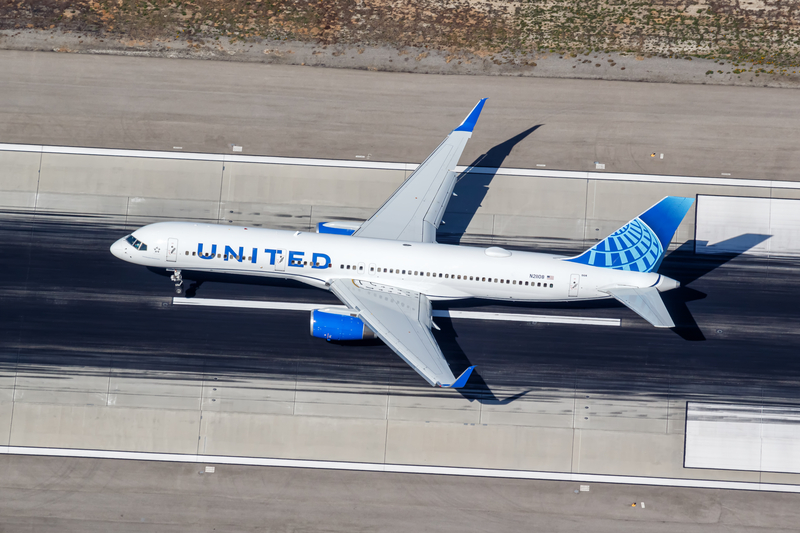
ID 331012004 © Boarding1now | Dreamstime.com
Passenger Impact
For travelers, the shift toward premium services brings both opportunities and challenges. Passengers willing to pay for enhanced comfort and convenience now have access to a broader range of options, but budget-conscious travelers may face higher base fares and fewer affordable choices as airlines prioritize high-margin seating.
The rise of premium economy cabins has also contributed to the trend, offering a middle ground for passengers seeking improved comfort without the cost of business class. This cabin class has seen significant growth in popularity, particularly on long-haul routes.
Broader Industry Trends
The emphasis on premium services aligns with broader trends in the aviation industry, including investments in cabin upgrades, in-flight entertainment systems, and digital connectivity. Airlines are also increasing partnerships with luxury brands to enhance the onboard experience and differentiate themselves in a competitive market.
As demand for air travel continues to recover post-pandemic, the ability to attract and retain premium-paying customers will play a critical role in shaping the financial health of airlines worldwide.
Looking Ahead
The shift toward premium services represents a fundamental evolution in airline business models. As carriers continue to refine their strategies, the challenge will be striking the right balance between offering high-value premium options and maintaining accessibility for cost-sensitive passengers.
This trend is expected to persist as airlines seek innovative ways to boost revenue and stay competitive in an ever-changing industry landscape.
